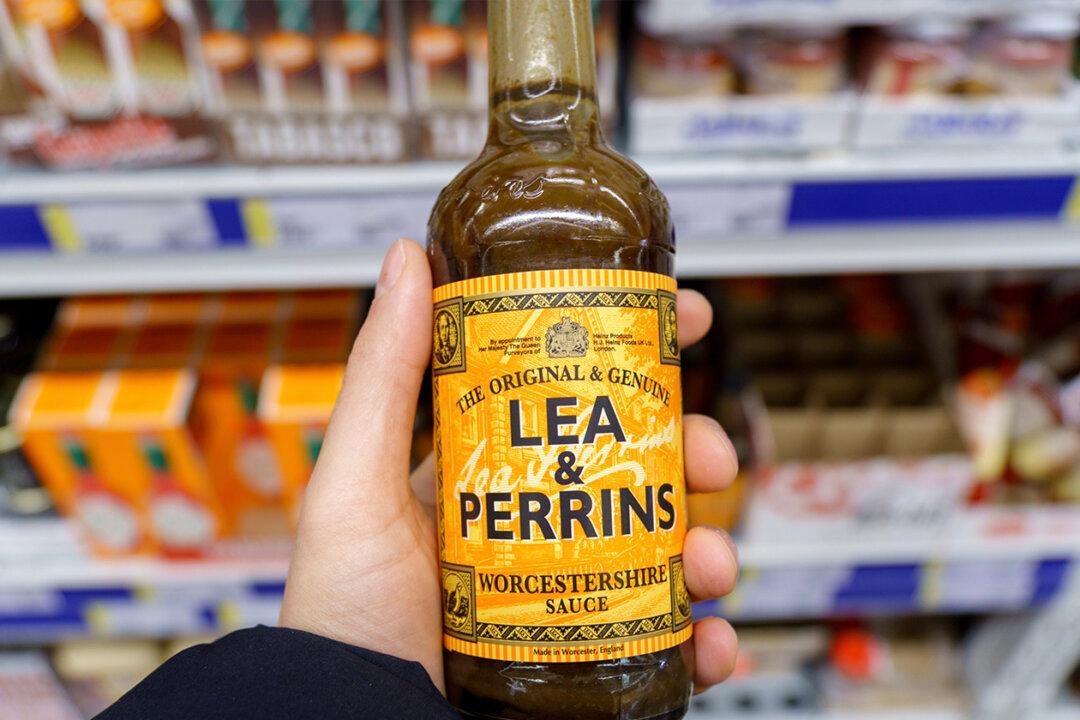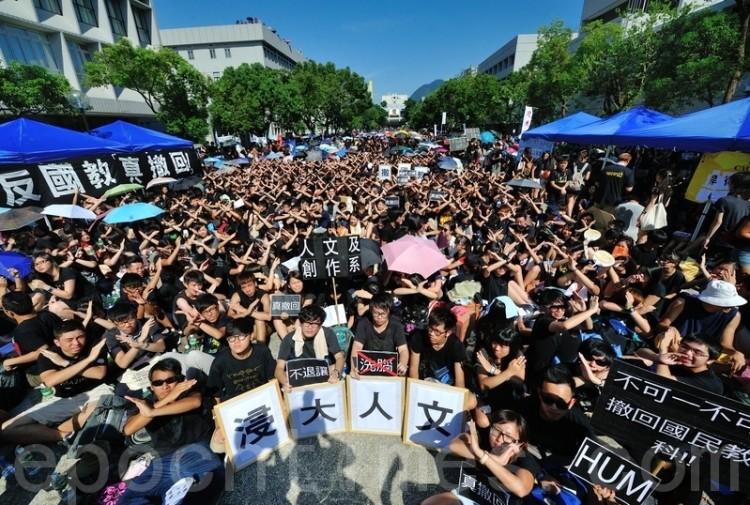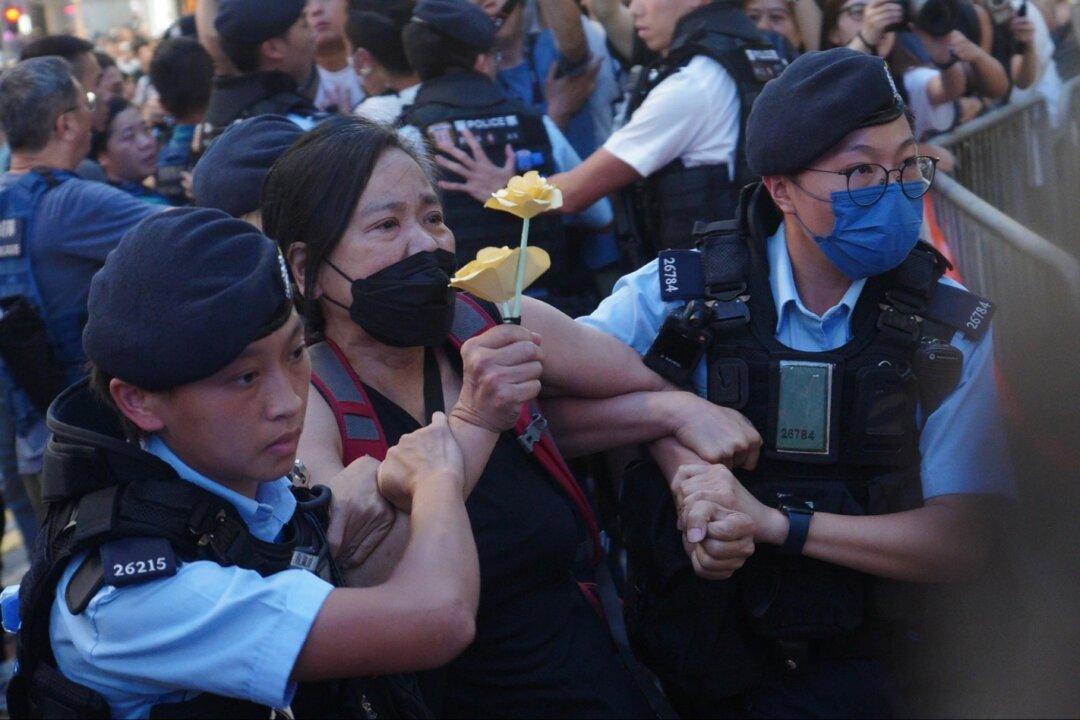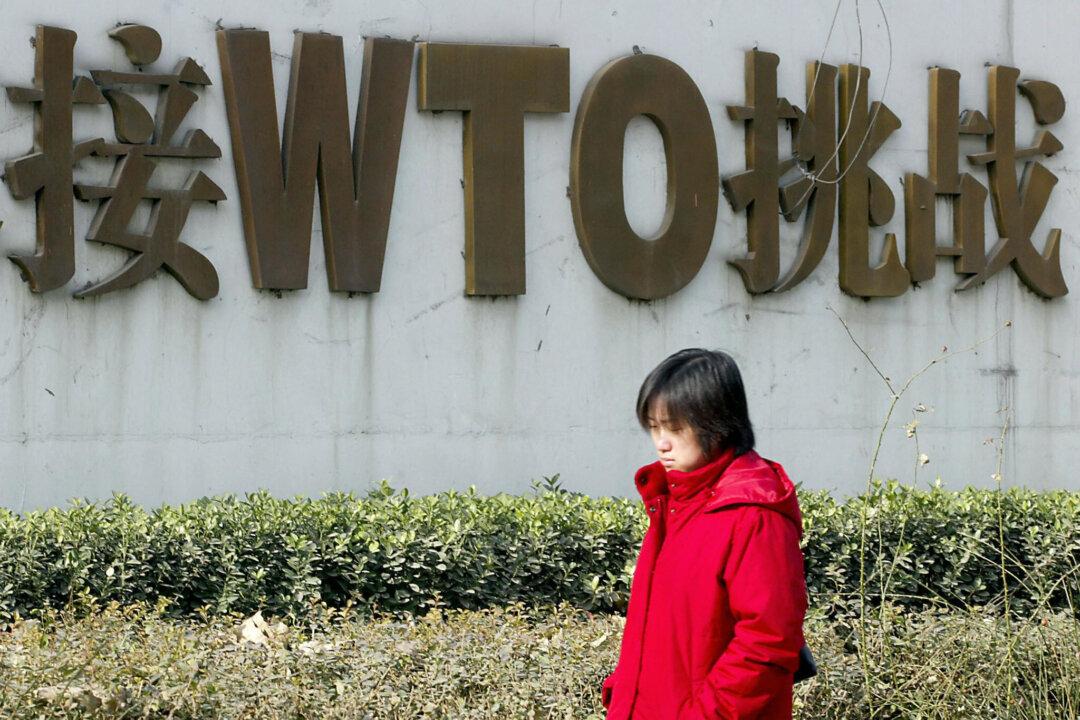Twenty cities across the UK joined hands to organize the Hong Kong March, a festival that aims to promote Hong Kong culture to people from different cultural backgrounds through various activities. Hongkongers are encouraged to send invitation cards to their local friends, so to achieve cultural understanding and community bonding. Bearing this in mind, when I was invited by Hong Kong Notts, the Nottingham organiser, to give a talk, I decided to talk about the cultural relationship between Hong Kong and Britain.
This is an important but long-forgotten topic. Global Americanization and Hongkongers’ particular fondness for Japanese culture served as the backdrop for the subsidence of British culture in the ex-colony. The vague reference to ‘foreign’ culture in Hong Kong in the local secondary-school History curriculum (the coexistence and interaction of Chinese and foreign cultures in the 20th century) downplays the cultural influence of the former colonial master. Most colonial-style buildings have been torn down. Take a look at contemporary Central in Hong Kong and the Bund in Shanghai, and beyond question, the latter looks more colonial.





